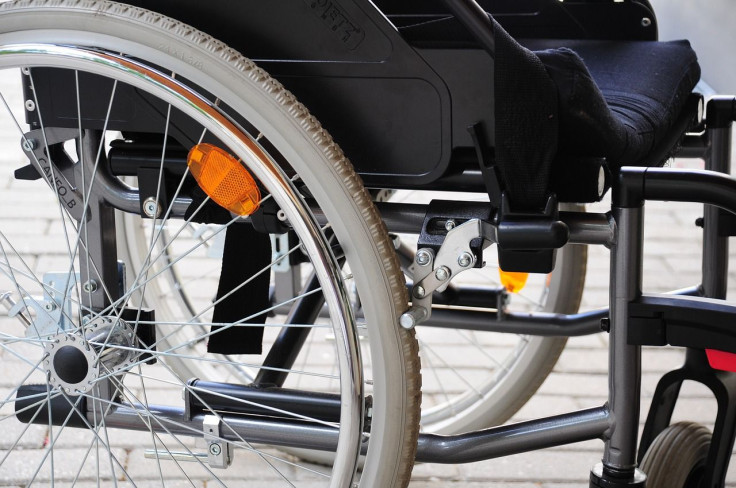Real Life Peter Pan: Parents Are Opting To Medically Stunt Growth Of Disabled Children To Ensure They Never Grow Up

At 10 years old, Charley Hooper is 4-foot-3, 53 pounds, and will likely remain so for the rest of her life. However, unlike other small children, her stunted growth is not due to a medical condition, but rather the result of a growth stunting hormone regime carefully chosen by her parents to ensure that she would never grow too big for them to take care of her.
According to her parents, Charley Hooper is not just disabled, she’s "unabled." Although nearly a teenager, due to complications during birth, Charley’s mental and physical capacities are very much on par with a newborn baby. Her parents feared that, as she grew, they would become increasingly less able to pick her up and eventually have to rely on machinery to transport their daughter, TVNZ reported. For this reason, Charley’s parents decided to carry out a controversial procedure, known as the Ashley treatment, to stunt their daughter’s growth and ensure that she would never grow too big for them to carry.
“A child like this, a child like Charley, is better off small rather than big," said her mother Jen Hooper, TVNZ reported. "We didn't do this to Charley, we did it for Charley."
The Ashley treatment involves intense hormone therapy to both stunt the child’s growth and bring on puberty. Once puberty begins, the uterus and breast buds are removed to ensure that the girl will never have to experience the pain of menstruation, and in the event of sexual abuse, which is unfortunately a present danger for disabled individuals, could never fall pregnant. Charley was only 4 when her parents first took her from their home in New Zealand to South Korea to begin her treatment, and she underwent her hysterectomy at age 7.
Charley’s parents are not alone in their decision to medically stunt their disabled child’s growth. As The Associated Press reported, a recent survey out of the Pediatric Endocrine Society revealed that 32 of the 284 respondents had prescribed growth-stunting hormones to at least one disabled child. According to Time, parents who have chosen to undergo this radical procedure claim that keeping their disabled children small helps to make it easier to include her in typical family life. Charley’s parents believe that keeping her small ensures that she will be able to preserve a bit of her dignity and will prevent her from a future of body harnesses.
However, despite the perceived positive benefits of such a procedure, not all medical professional agree with the ethics of the Ashley treatment. According to Margaret Nygren, CEO of the American Association on Intellectual and Developmental Disabilities, the procedure goes against the basic human right of disabled individuals: "People are really entitled to grow and to become the people they were meant to be."



























